|
It's back to school time and we would like to take this opportunity to highlight our team members that are continuing to pursue further education! Starting this fall semester, we have four AIHREA doctoral students! Keep reading to meet them below and learn about some upcoming AIHREA events.  Ryan Goeckner, MA is a doctoral student in cultural anthropology at The Ohio State University. He has worked with AIHREA since 2014 and has worked on a variety of projects at both the Center for American Indian Community Health at the University of Kansas Medical Center and at the Center for American Indian Studies at Johnson County Community College. Involvement in these projects and his experiences working in Native communities influenced his interests in contemporary American Indian identity, religious expression, and activism. During his master's research, he focused on the importance of Lakota oral and religious traditions in resistance to the Dakota Access Pipeline for water protectors from the Cheyenne River Sioux Tribe. He plans to focus on the use of resistance rides (such as the Dakota 38+2 and Bigfoot Memorial Rides) in contemporary Lakota activism for his dissertation research. He continues to work with AIHREA as our social media coordinator and in his (limited) free time co-hosts the podcast Religiously Literate, a podcast exploring religious expression around the world.  Jordyn Gunville, MPH is an enrolled member of the Cheyenne River Sioux Tribe and a PhD student in Health Policy and Management at the University of Kansas Medical Center. Jordyn received her Master of Public Health at the University of Kansas Medical Center as a Susan G. Komen for the Cure Scholar. Jordyn is a research associate and project manager at the Center for American Indian Community Health, where she has worked on numerous research projects, including maternal and child health, mental health, ethnic identity studies, health literacy, smoking cessation programs, community outreach activities, educational grant writing training for community members, and breast cancer research and education. Jordyn is currently a Zegar Scholarship recipient at Johns Hopkins Bloomberg School of Public Health where she is receiving additional training for public health professionals working in American Indian communities. Jordyn’s research interest include maternal and child health, health service research, and population health. Jordyn’s goal is to gap health disparities by addressing the social determinants of health in American Indian communities. She is also the proud mother three children; JorJa (6), Jarvis (2), and Jurnee (3).  Charley Lewis, MPH is a Navajo and Utu Utu Gwaitu Paiute from Benton California. He has worked at the Center for American Indian Community Health (CAICH) since 2011. While at CAICH, he has been involved with various projects focused on tobacco cessation, environmental health, health literacy, and health education. He is currently leading a project that aims to learn more about alternative tobacco product (e-cigs, smokeless tobacco, hookah, etc) knowledge, attitudes, beliefs, and behaviors among American Indian college students using focus groups. He is also a first year PhD student in the Health Policy and Management Program at the University of Kansas Medical Center. While in the PhD program, he hopes to focus on the role that health policy plays in tobacco cessation among American Indian populations.  Joe Pacheco, MPH is an American Indian-Latino, whose career goals are to continue in research with the aim of finding ways to reduce health disparities among American Indian communities. He is particularly interested in reducing the burden of commercial tobacco use among American Indians through community-based participatory research methods. He has extensive experience working in the field of public health and has conducted prevention and implementation research for over nine years. He obtained a Master of Public Health with a concentration in environmental health from the University of Kansas Medical Center in Kansas City, KS. While obtaining his MPH, he worked as a Research Assistant at the Center for American Indian Community Health. Joe successfully managed a Safe and Healthy Homes service project in which home-based environmental exposures were evaluated and remediation suggested to improve respiratory health outcomes. After graduating with his MPH, he assisted on a Tribal college tobacco and behavior study that examined tobacco use among this population. He has also worked as the Project Manager for an individual web-based smoking cessation program for Tribal college students, named Internet All Nations Breath of Life. Currently, he is in the dissertation proposal phase of his doctoral training. Though this, he continues working closely with the American Indian community to reduce barriers, improve access to care, and develop new and innovative intervention to reduce health disparities. Post-graduation, Joe aims to apply for postdoctoral fellowships that will allow him to continue his research in the realm of reducing health disparities among American Indian communities and hone his skills to become an independent researcher. Save the Date!We also have two very important save the dates to share with you! Our first announcement is for the AIHREA Etkwagēk Mawttėshnowėn "Fall Gathering" Powwow. It will take place on Saturday, November 2, 2019 at the Boys & Girls Club of the Prairie Band Potawatomi Nation. Also, the 4th Annual AIHREA American Indian Art and Culture Extravaganza will be held at Johnson County Community College on Saturday, November 23, 2019. Keep a close eye here, and on our social media, for more information! The Carlsen Center presents |
Archives
July 2021
Categories
Never miss any of our monthly updates by entering your email below:
|

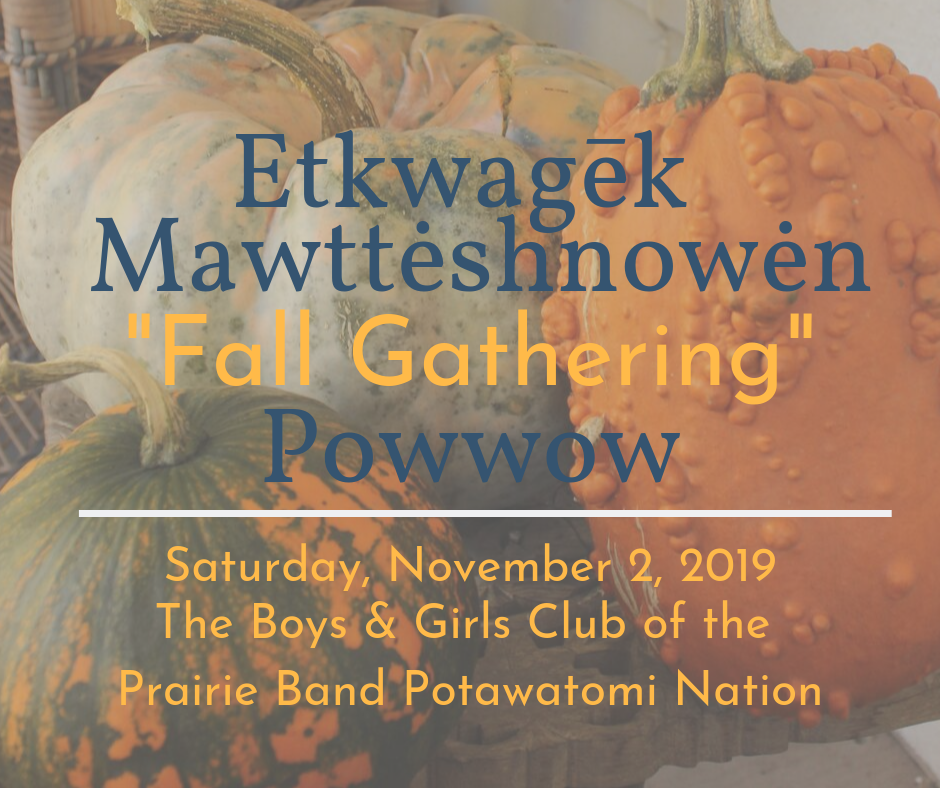

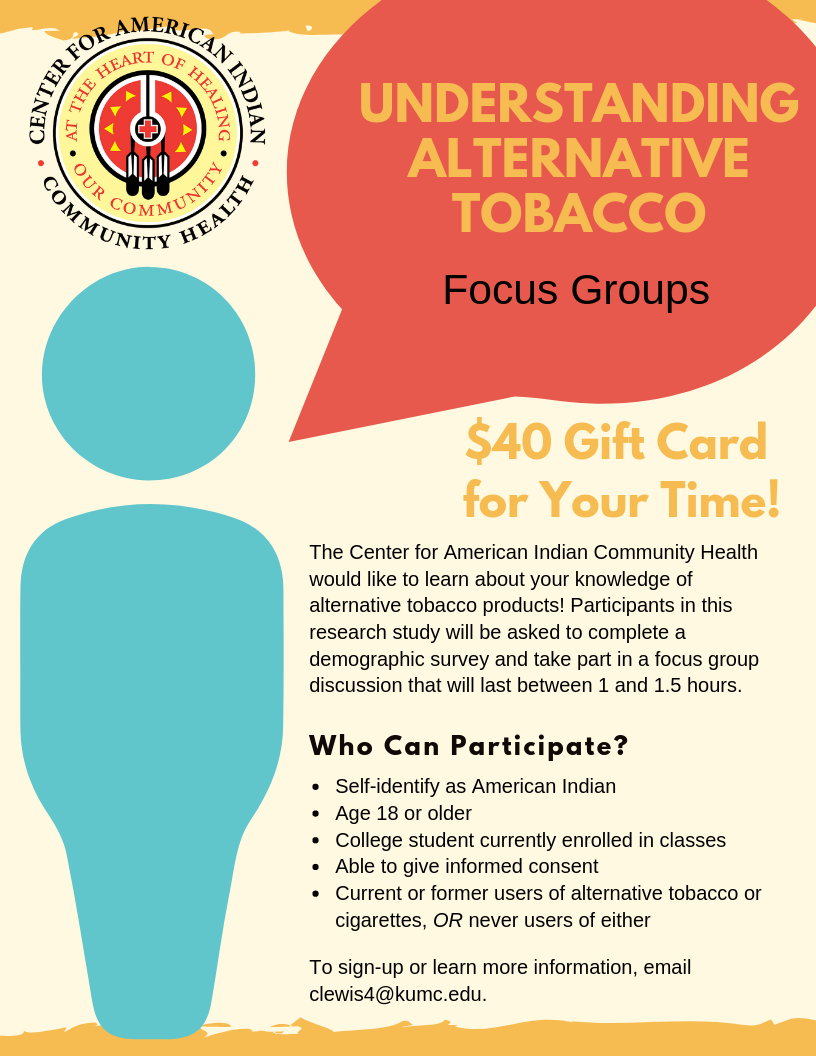
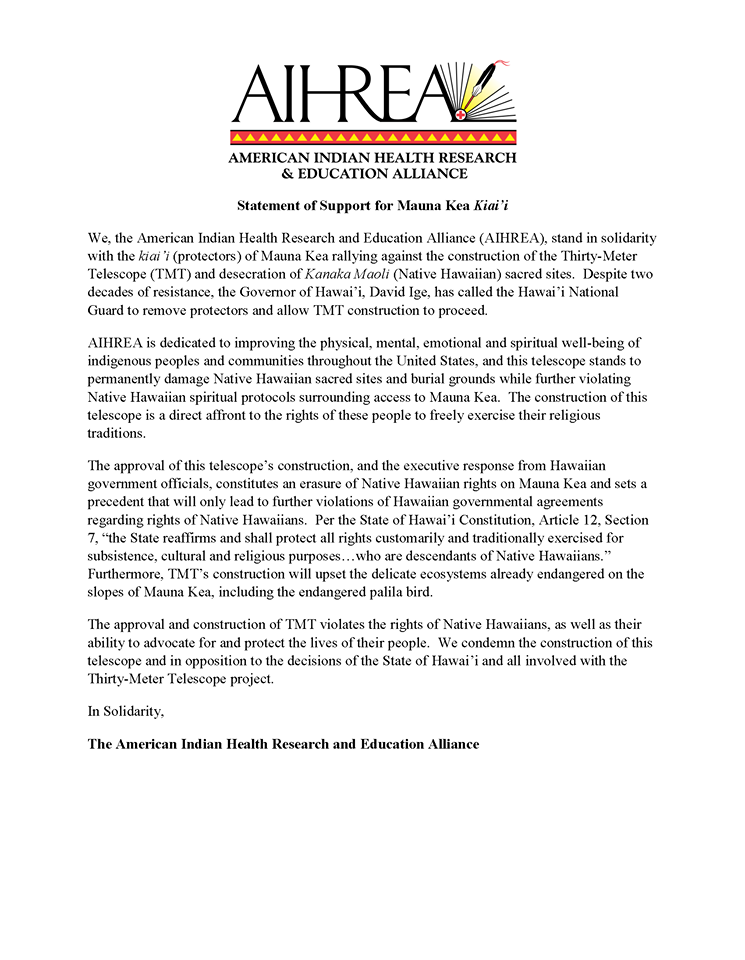








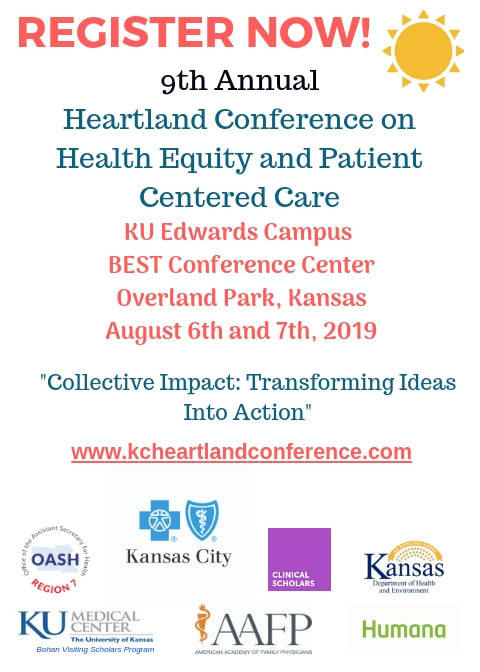
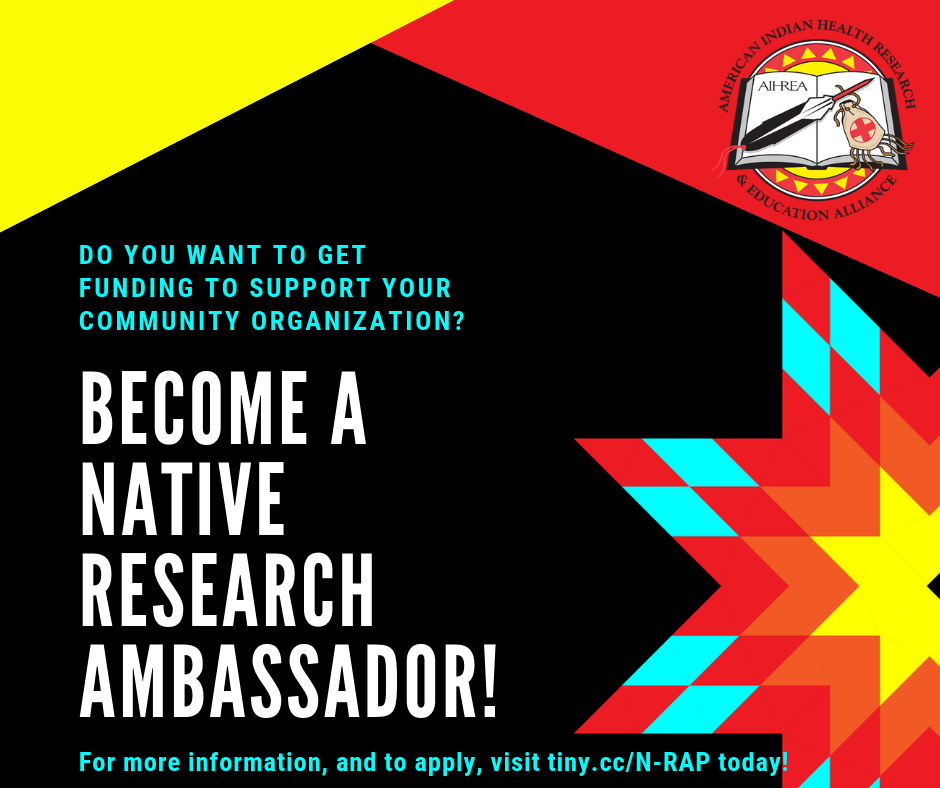





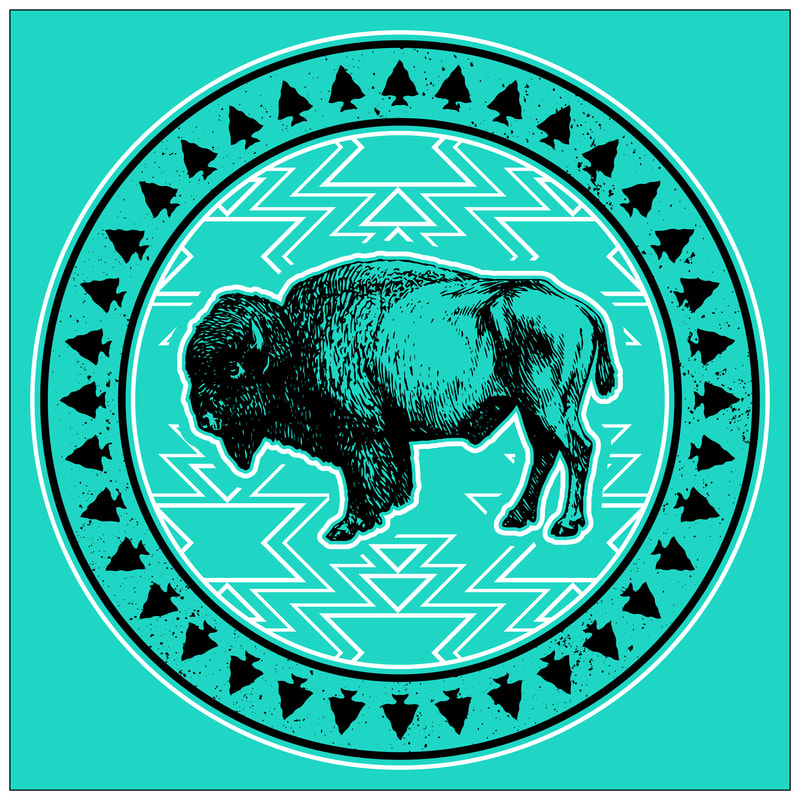









 RSS Feed
RSS Feed